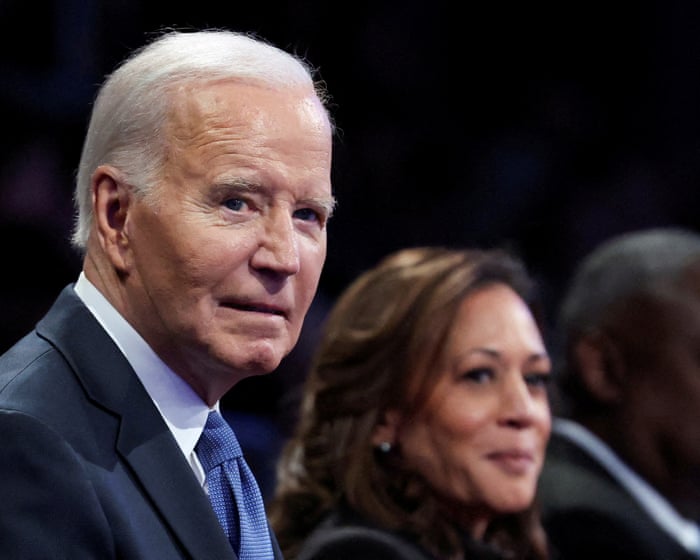China ruft seine Elektrofahrzeugindustrie dazu auf, mit den Preissenkungen aufzuhören und die Produktion zu kontrollieren, da die Sorge wächst, dass anhaltende Deflation das Wirtschaftswachstum beeinträchtigen könnte.
In den letzten Monaten haben chinesische Beamte wiederholt vor „Involution“ in Branchen wie der Elektrofahrzeugindustrie gewarnt – einem Phänomen, bei dem Unternehmen mehr Ressourcen in den Wettbewerb stecken, aber aufgrund von Überkapazitäten schrumpfende Erträge verzeichnen. Präsident Xi Jinping hat das Problem direkt angesprochen und lokale Regierungen dafür kritisiert, blind in strategische Industrien wie künstliche Intelligenz, Rechenleistung und neue Energiefahrzeuge zu überinvestieren, was zu einer Überhitzung führen könnte.
Am 23. Juli betonte Xi die Notwendigkeit, den Teufelskreis der „Involution“ zu durchbrechen, der Teile der zweitgrößten Volkswirtschaft der Welt plagt.
Im letzten Monat haben Aufsichtsbehörden große Automobilhersteller, darunter BYD – Chinas Antwort auf Tesla – einbestellt, um sie vor Überkapazitäten zu warnen. Die in Peking und Shanghai ansässige Beratungsfirma Hutong Research stellte fest, dass Regierungsbehörden schnell auf Xis Äußerungen reagiert und sich zu Angebotskürzungen verpflichtet haben. Diese Schritte unterstreichen sowohl die politische Dringlichkeit des Problems der Überkapazitäten als auch dessen weite Verbreitung.
In Chinas hart umkämpftem Markt haben sich Verbraucher an Niedrigstpreise gewöhnt, was Unternehmen in verschiedenen Branchen dazu zwingt, die Preise zu senken – manchmal sogar unter die Kosten – um Marktanteile zu gewinnen. Elektrofahrzeughersteller sind da keine Ausnahme.
BYD hat wiederholt die Preise für sein günstiges Modell Seagull gesenkt, das jetzt für 55.800 Yuan (5.862 Pfund) verkauft wird – fast 20 % unter dem offiziellen Listenpreis. Der Konkurrent Great Wall Motors senkte im Juni ebenfalls den Preis seines Ora 3 um etwa 20 %. XPeng Motors-CEO He Xiaopeng warnte bereits Anfang des Jahres, dass der Preiskrieg sich verschärfen würde, und sagte voraus, dass einige Autohersteller nicht überleben würden.
Im letzten Monat schlug China Änderungen an seinem Preisgesetz vor – die erste Überarbeitung seit 1998 – um Preiskriege einzudämmen. Die Änderungen würden die staatliche Aufsicht stärken, „unfaire Preisgestaltung“ definieren und „Involution-artigen“ Wettbewerb verhindern, wie etwa die Nutzung von Marktmacht zur Preisbeeinflussung.
Einige Analysten bezweifeln jedoch, dass diese Maßnahmen wirksam sein werden. Antonia Hmaidi von Merics wies darauf hin, dass nur wenige Elektrofahrzeugfirmen in China profitabel sind und viele eng mit lokalen Regierungen verbunden sind, was es unwahrscheinlich macht, dass Peking entschieden gegen Überinvestitionen vorgeht. Lokalregierungen, die nicht wollen, dass diese Unternehmen scheitern, unternehmen zwar Schritte, die auf eine mögliche Intervention hindeuten. Ähnliche Maßnahmen in der Vergangenheit haben jedoch keine nennenswerten Veränderungen bewirkt. Letztendlich müssten Regierungen Alternativen anbieten, um diese lokalen Wirtschaften zu stützen.
Hmaidi schlug vor, dass China sein Überangebotsproblem durch noch mehr Exporte lösen könnte, was wahrscheinlich ausländische Unternehmen und Regulierungsbehörden verärgern würde. „Kurzfristig wird dies wahrscheinlich die Spannungen mit den meisten Handelspartnern Chinas erhöhen“, fügte sie hinzu.
Die Flut chinesischer Elektrofahrzeuge in die Europäische Union hat bei EU-Beamten Besorgnis ausgelöst, die befürchten, dass ihre heimischen Autohersteller nicht mithalten können. Im letzten Jahr reagierte die EU mit Strafzöllen von bis zu 45 % auf in China hergestellte Elektrofahrzeuge, was China verärgerte. Jüngste Gespräche zwischen der EU und China konnten diesen anhaltenden Handelsstreit nicht beilegen.
Chinesische Autohersteller passten ihre Strategie an, indem sie sich stärker auf Plug-in-Hybridfahrzeuge konzentrierten. Bis Juni hatten chinesische Unternehmen ihre Marktposition vor den Zöllen zurückerobert und 10 % des europäischen Elektrofahrzeugmarktes erobert.
Letzte Woche traf sich Chinas oberste politische Führung, um die Wirtschaftspläne für das kommende Jahr zu besprechen. Obwohl sie die Anti-Involution-Kampagne nicht direkt erwähnten, betonten sie die Notwendigkeit, „unfairen Wettbewerb“ in der Wirtschaft zu kontrollieren.
Zusätzliche Recherchen von Jason Tzu Kuan Lu.



